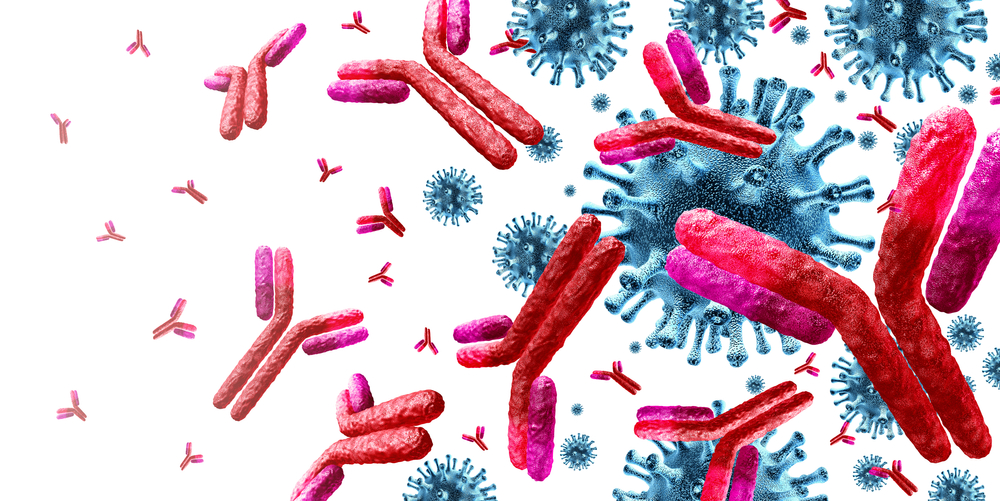AstraZeneca has committed $247 million to fund AI drug discovery company Absci’s efforts to develop an antibody for cancer.
Absci uses its generative AI drug discovery platform to discover potential new drugs and then validates these in its wet-labs.
With the AstraZeneca-backed project, Absci will try to create an antibody that binds to a specific oncology target. The company hasn’t yet revealed which type of cancer it is targeting with this project.
Antibodies are an attractive prospect for new drugs because they are highly selective in the targets they bind to and result in minimal immunogenic effects. However, finding an easily manufacturable new antibody with specific properties is tough.
The number of possible protein combinations to make different antibodies is practically limitless. So finding one that does what you want it to do involves some educated guesswork and trial and error.
This makes traditional antibody discovery very time and resource-intensive. It involves screening large immune or synthetic libraries to find potential antibody candidates. These candidates then need to be synthesized before confirming if they will optimally bind with the target.
Absci’s Integrated Drug Creation platform uses machine learning models trained on wet-lab assays, or experimental procedures, generating billions of protein-protein interaction data.
The AI model learns the underlying engineering principles that make different proteins behave the way they do. The platform uses its generative AI engine to create synthetic antibodies de novo, or from scratch, in a zero-shot approach.
For antibodies, a zero-shot approach means the candidate proteins that the AI generates are based on first principles, rather than relying on historical data of other proteins known to bind to a specific pathogen.
Using AI delivers a much faster and more accurate “guess” at which proteins could be potentially worth investigating than the human hit-and-miss approach.
Candidate proteins are then validated experimentally in Absci’s wet-labs. The AI protein design platform accelerates drug discovery by completing the cycle of data collection, AI-driven design, and wet-lab validation within about six weeks.
Speaking about their partnership with AstraZeneca, Absci CEO Sean McClain said, “AstraZeneca is a leader in developing novel treatments in oncology, and we are excited to collaborate with them to design a therapeutic candidate antibody with the potential to improve the lives of cancer patients”
AstraZeneca’s financial commitment to the project is a promising sign that the company is optimistic about the potential for success. Using AI to fast-track the development of cancer drugs will make a big impact on the lives of patients, as well as the finances of Big Pharma.





